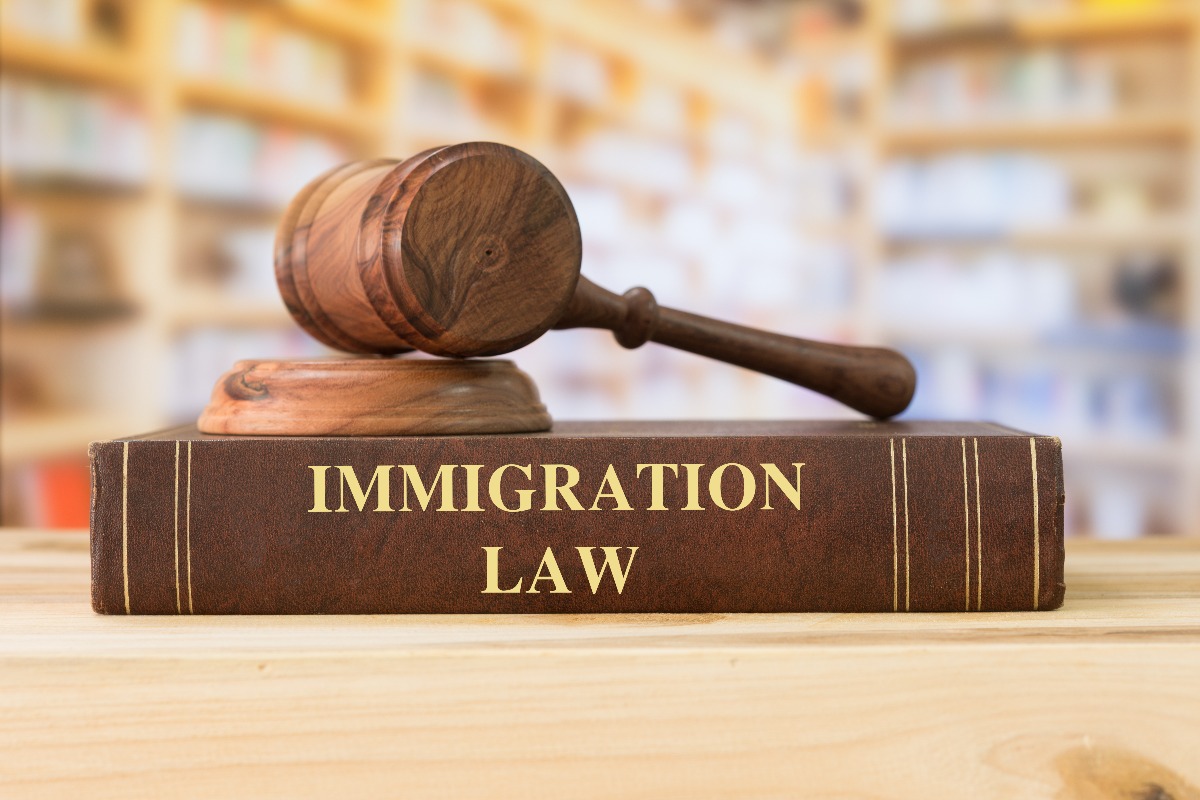In 2020, the Trump administration banned new foreign workers in the United States, covering most temporary work visas, due to Covid-19 and the high unemployment rate. The ban extended to March 2021.
According to the Wall Street Journal (WSJ), the ban did not improve the U.S. unemployment rate. Alex Nowrasteh, Cato Institute director of immigration studies, stated that unemployed American workers do not want the jobs usually held by foreign workers at the lower end of the job market, as well as seasonal jobs. WSJ states that these jobs are mostly in landscaping, resorts, and summer camps, among others. Foreign workers are also employed by families as au pairs.
Many of the unemployed Americans do not qualify for specialized jobs held by foreign workers at the high end of the job market. These are usually in tech companies. As a result of the ban, businesses that usually employ foreign workers were unable to fill job openings. This highlights the importance of foreign workers in the U.S. labor market.
In a court filing on April 1, the Biden administration allowed the ban to expire, according to Reuters. Even so, immigration experts state that foreign workers will find it difficult to enter the U.S. due to pandemic travel restrictions covering many countries. The State Department also directed U.S. consulates to prioritize the processing of green cards over work visas.
Hiring Foreign Workers
It is the employer’s responsibility to ensure that the foreign worker hired is legally allowed to work in the U.S. The employer must confirm the identity and employment authorization of the applicant, and complete and retain the Form I-9 Employment Eligibility Verification. An employer must not discriminate against individuals based on national origin, race, and color.
People allowed to work in the U.S. are citizens, noncitizen nationals born in U.S. territories, lawful permanent residents who are green card holders, or foreigners authorized to work. The latter must present a valid work permit or Employment Authorization Document (EAD). With the current difficulty for foreign workers to enter the U.S., employers must not hire foreigners already in the U.S. who have no work authorization.
Penalties for Employers in Violation of I-9
The Immigration and Customs Enforcement (ICE) office investigates violations of the Immigration Reform and Control Act (IRCA). If there is an I-9 violation, ICE will issue and serve a Notice of Intent to Fine. The fine for employers who knowingly hire or continue to employ unauthorized workers is $275 to $2,200 for each unauthorized employee for a first offense. On the second offense after one cease and desist order, the fine is $2,200 to $5,500 for each unauthorized employee. After more than one cease and desist violation, the fine is $3,300 to $11,000 for each unauthorized employee.
Failure to correctly complete and maintain I-9 records is a paperwork violation and the fine is $110 to $1,100 for each unauthorized employee. ICE determines the amount of the fine based on the company size, type of violation, history of previous violations, and the employer’s good faith.
If an employer has regular and repeated intentional violations, ICE considers this as a pattern and practice of violations for which there is a criminal penalty. This consists of a fine of up to $3,000 for each unauthorized employee or imprisonment of up to six months for the employer, or both.

Penalties for Unauthorized Workers
Foreigners without work authorization who work in the U.S. violate their visas. ICE can apprehend and hold them in detention before trial in the Immigration Court of the U.S. Department of Justice (DOJ). If the court rules for deportation, the receiving country issues travel documents and ICE implements the removal order. The U.S. government shoulders deportation transportation costs.
Those who are facing deportation can appeal and seek help from nonprofit organizations. A family member can petition for a change of status for them to go through the process of obtaining a green card. They can also apply for asylum if there is danger of persecution upon their return to their home country.
The accused can be temporarily released from detention, pending the immigration court trial if allowed to pay an immigration bail bond. A deportation officer or an immigration judge decides on this. The amount of bail is set by the Department of Homeland Security. The bail ensures that the accused will appear at all scheduled hearings.
The accused can seek assistance from a bondsman to advance the amount of bail. The accused or family members can pay the bondsman in agreed installments plus a percentage of the bond. Once the case closes, whether the result is deportation or the accused finds recourse in the court, the bond will revert.
Mutual Benefits
It is beneficial for both employers to hire authorized foreign workers and for foreigners to work legally in the U.S. For the employees, this provides opportunities that are often much better than what they have in their homelands. For American employers, it fills a gap that American workers either do not want to fill or are not qualified to fill. It is a win-win situation if everything is within the legal framework.
